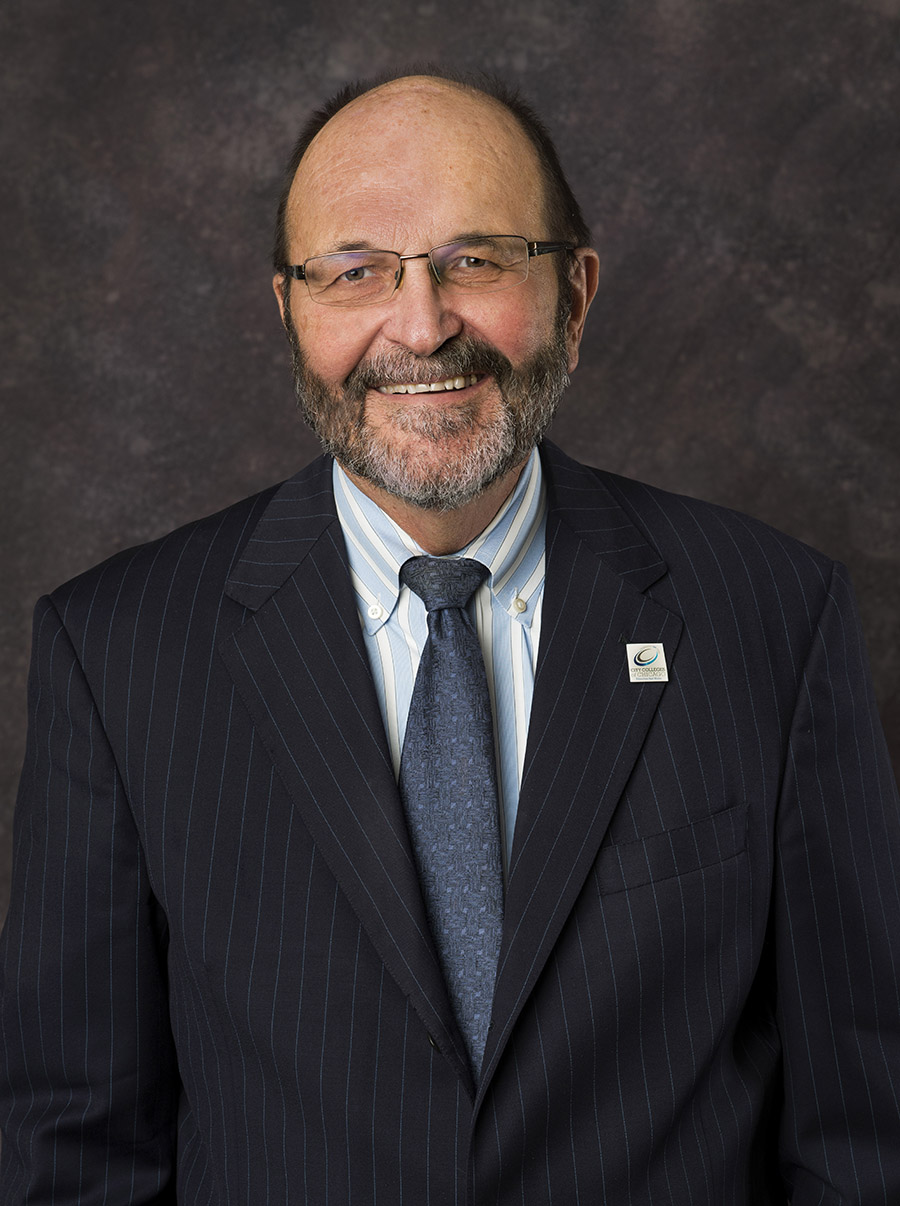|
|
|
|
Education
and Economic
Success
in the
21st-Century
CHARLES
MIDDLETON
Chair, Board of
Trustees, City
Colleges of
Chicago
President
Emeritus,
Roosevelt University
The
Lounge at Iwan
Ries ---
Tuesday,
October 4,
5:30-8:30pm
Cocktails
at 5:30, with the
presentation at 6:00
for about thirty
minutes,
followed by Q&A
and general cocktail
conversation.
Hillary
Clinton and Barack
Obama have said that
community colleges
should be free of
charge. Bernie
Sanders has said,
"In the United
States, all people
who have the desire
and the ability
should be able, in
this changing
economy, to receive
all the education
they need regardless
of their income.
This must be done
not only to rebuild
the disappearing
middle class but to
make us competitive
in the global
economy." Ben Carson
said, “Think back to
a darker time in our
history. Two hundred
years ago when
slavery was going
on, it was illegal
to educate a slave,
particularly to
teach them to read.
Why do you think
that was? Because
when you educate a
man, you liberate a
man.” Jeb Bush said,
“If education is to
be the great
equalizer which
everybody talks
about, that means
that every child
must have access to
a great school and
to great
teachers.”
Marco Rubio said,
“Poor and working
class parents often
have no choice about
what schools their
children can attend.
All our parents
should be able to
send their children
to the school of
their choice.”
Carly Fiorina
said, “The
education crisis has
deepened since 1989
across every
dimension, but
still, as a nation,
we have not yet
harnessed the
collective will or
sense of urgency to
address it. Our
competitiveness as a
nation requires us
to understand the
bigger world, and
prepare our
children’s hearts
and minds to lead.”
Going back a little
further, Robespierre
said, "The secret of
freedom lies in
educating people,
whereas the secret
of tyranny lies in
keeping them
ignorant." And
Thomas Jefferson
said, "An educated
citizenry is a vital
requisite for our
survival as a free
people." More
recently, Karl Rove
said, "As people do
better, they start
voting like
Republicans-- unless
they have too much
education and vote
Democratic, which
proves there can be
too much of a good
thing."
Taking the
broadest view
possible of higher
education,
lifelong educator
Chuck Middleton will
explore recent events
in higher education
and relate them to
trends in economic
development in the
United States.
The focus will be on
the City Colleges of
Chicago and their
four-year counterparts
in Chicagoland.
Chuck
Middleton is
Chair of the Board of
Trustees of the City
Colleges of Chicago
and the immediate past
President of Roosevelt
University, serving
from July 2002 through
June 2015, when he
retired.  He
is also Executive
Director of the LGBTQ
Presidents in Higher
Education, an
organization which he
helped found in
2010. He was the
first openly gay man
appointed president of
a university. During
his tenure, he moved
to strengthen the
curriculum by
strategically
expanding and
refocusing programs
based on Roosevelt's
strengths and
mission. He also
oversaw the transition
of Roosevelt from a
primarily commuter
school with part-time
adult students in the
majority to a more
traditional-age,
full-time residential
university. The
number of full-time
equivalent students
dramatically grew
during his
tenure. Prior to
his service as
President, Middleton
was a history
professor and dean of
the College of Arts
and Sciences at the
University of Colorado
at Boulder, provost
and vice president for
academic affairs at
Bowling Green State
University and vice
chancellor for
academic affairs at
the University System
of Maryland. He
has been active as a
university leader and
involved in higher
education governance
organizations for many
decades, including
service on the Board
of the American
Council on
Education. His
scholarly
accomplishments earned
him election as a
Fellow of Britain's
Royal Historical
Society and he
currently serves on
the Boards of SAGE and
PFLAG where he
advocates for LGBTQ
rights. He
is also Executive
Director of the LGBTQ
Presidents in Higher
Education, an
organization which he
helped found in
2010. He was the
first openly gay man
appointed president of
a university. During
his tenure, he moved
to strengthen the
curriculum by
strategically
expanding and
refocusing programs
based on Roosevelt's
strengths and
mission. He also
oversaw the transition
of Roosevelt from a
primarily commuter
school with part-time
adult students in the
majority to a more
traditional-age,
full-time residential
university. The
number of full-time
equivalent students
dramatically grew
during his
tenure. Prior to
his service as
President, Middleton
was a history
professor and dean of
the College of Arts
and Sciences at the
University of Colorado
at Boulder, provost
and vice president for
academic affairs at
Bowling Green State
University and vice
chancellor for
academic affairs at
the University System
of Maryland. He
has been active as a
university leader and
involved in higher
education governance
organizations for many
decades, including
service on the Board
of the American
Council on
Education. His
scholarly
accomplishments earned
him election as a
Fellow of Britain's
Royal Historical
Society and he
currently serves on
the Boards of SAGE and
PFLAG where he
advocates for LGBTQ
rights.
|
|
|
About
the
Cigar Society of
Chicago
ONE OF
THE OLDEST AND greatest
traditions of the city
clubs of Chicago is the
discussion of
intellectual, social,
legal, artistic,
historical, scientific,
musical, theatrical, and
philosophical issues in
the company of educated,
bright, and
appropriately
provocative individuals,
all under the beneficent
influence of substantial
amounts of tobacco and
spirits. The
Cigar Society of
Chicago
embraces this tradition
and extends it with its
Informal Smokers,
University Series
lectures, and Cigar
Society Dinners,
in which cigars, and
from time to time pipes
and cigarettes, appear
as an important
component of our version
of the classical
symposium. To be
included in the Cigar
Society's mailing list,
write to the secretary
at
curtis.tuckey@logicophilosophicus.org
|
|
|
|
|